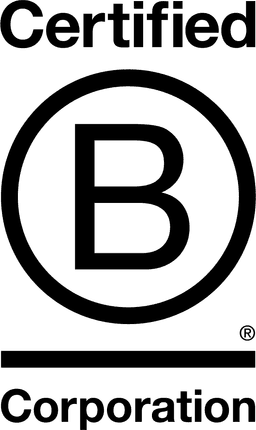

AeroFarms

Virginia, United States
February 2017
Mixed Farming
Manufacturing
United States
An environmental champion, AeroFarms is leading the way to address our global food crisis by building, owning, and operating indoor vertical farms that grow safe, healthy, and flavorful food in a sustainable and socially responsible way. Setting a new standard for totally protected agriculture from seed to package, they have been fundamentally transforming agriculture by disintermediating the supply chain by bringing local commercial farming to where the consumer is. All of their technology is proprietary, and they are vertically integrated with expertise and capabilities all in house. Horticulture intersects with Engineering, Food Safety, Data Science, and Nutrition, giving AeroFarms the capability to understand plant biology in a way that has never been understood. And they grow using 95% less water, a fraction of the land and resources, and with yields 390 times higher per square foot annually vs. traditional field farming. Their passion and expertise honed over the last 13 years is growing delicious food with uncompromising quality that has been optimized for taste, texture, color, nutrition, and yield. They have grown over 250 varieties of leafy green vegetables and have grown other types of crops as well.
Overall B Impact Score
Governance 17.9
Governance evaluates a company's overall mission, engagement around its social/environmental impact, ethics, and transparency. This section also evaluates the ability of a company to protect their mission and formally consider stakeholders in decision making through their corporate structure (e.g. benefit corporation) or corporate governing documents.
What is this? A company with an Impact Business Model is intentionally designed to create a specific positive outcome for one of its stakeholders - such as workers, community, environment, or customers.
Workers 21.9
Workers evaluates a company’s contributions to its employees’ financial security, health & safety, wellness, career development, and engagement & satisfaction. In addition, this section recognizes business models designed to benefit workers, such as companies that are at least 40% owned by non-executive employees and those that have workforce development programs to support individuals with barriers to employment.
Community 17.4
Community evaluates a company’s engagement with and impact on the communities in which it operates, hires from, and sources from. Topics include diversity, equity & inclusion, economic impact, civic engagement, charitable giving, and supply chain management. In addition, this section recognizes business models that are designed to address specific community-oriented problems, such as poverty alleviation through fair trade sourcing or distribution via microenterprises, producer cooperative models, locally focused economic development, and formal charitable giving commitments.
Environment 65.0
Environment evaluates a company’s overall environmental management practices as well as its impact on the air, climate, water, land, and biodiversity. This includes the direct impact of a company’s operations and, when applicable its supply chain and distribution channels. This section also recognizes companies with environmentally innovative production processes and those that sell products or services that have a positive environmental impact. Some examples might include products and services that create renewable energy, reduce consumption or waste, conserve land or wildlife, provide less toxic alternatives to the market, or educate people about environmental problems.
What is this? A company with an Impact Business Model is intentionally designed to create a specific positive outcome for one of its stakeholders - such as workers, community, environment, or customers.
Customers 4.5
Customers evaluates a company’s stewardship of its customers through the quality of its products and services, ethical marketing, data privacy and security, and feedback channels. In addition, this section recognizes products or services that are designed to address a particular social problem for or through its customers, such as health or educational products, arts & media products, serving underserved customers/clients, and services that improve the social impact of other businesses or organizations.